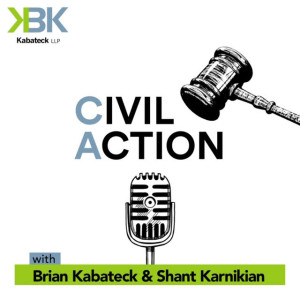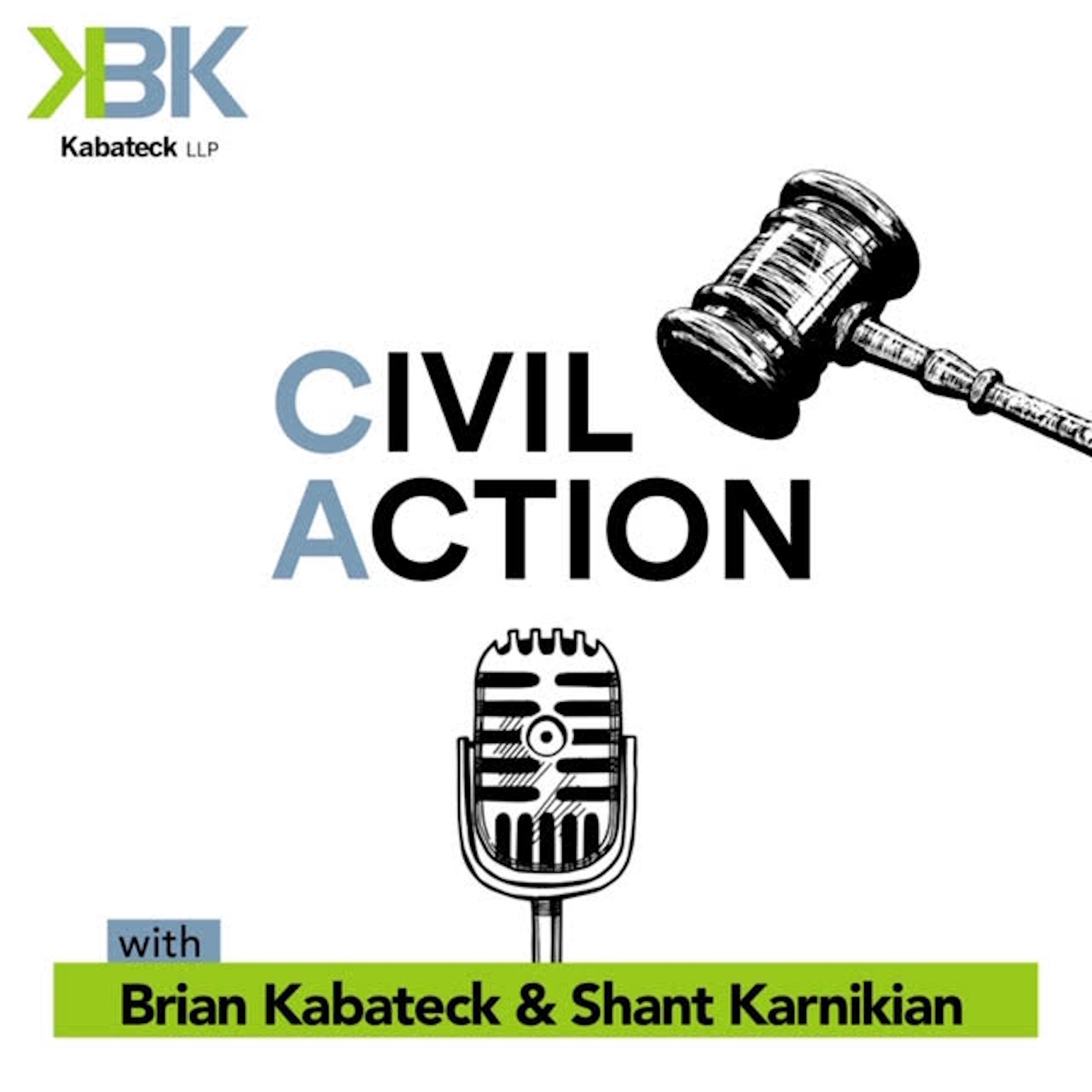Episodes

Thursday Nov 21, 2019
Thursday Nov 21, 2019
Brian and Shant discuss the following cases:
Salazar v. McDonald’s Corp.: Brian and Shant look at a 9th Circuit case involving the the Joint Employer Doctrine as it applies to a franchisor’s control over employees working for a franchisee.
Modaraei v. Action Property Management, Inc.: Brian and Shant discuss a holding from the California Court of Appeal in a misclassification class action where the Court affirmed the denial of class certification based on issues of predominance and superiority. The record contained evidence sufficient to support the trial court's finding that variations between the hundreds of properties the 228 putative class members were responsible for would command individual inquiries. Similarly, the evidence to support the trial court's superiority determination was largely the same as evidence supporting the predominance determination.
Abir Cohen Treyzon Salo, LLP v. Lahiji: After a client fired her attorney and his firm, the firm placed a lien on the client's further recovery. The former client’s daughter then wrote a potentially defamatory review online. The firm them filed suit against the client's daughter for defamation. The Court of Appeal affirmed the trial court's grant of the daughter's motion under the anti-SLAPP law. The court agreed with the trial court's conclusion that plaintiffs did not make a prima facie showing that the daughter was legally responsible for the Yelp review postings that underly their defamation claim.
Garcia v. Myllyla: Nine individual tenants prevailed in a jury trial against former owners of an illegally operated building on claims stemming from uninhabitable conditions in the building. Defendants were owners of a two-family residential building that they rented as 12 separate units. The Court of Appeal affirmed and held that the owners forfeited their argument that plaintiffs failed to introduce evidence of net worth; substantial evidence supported the jury's finding that defendants engaged in conduct warranting punitive damages; the punitive damages were not excessive; sufficient evidence supported the jury's award of noneconomic damages; the trial court acted within its discretion in declining to offset damages with the amounts from prior settlements; and defendants failed to show that the jury's verdict was a result of misconduct or unfair prejudice.


Comments (0)
To leave or reply to comments, please download free Podbean or
No Comments
To leave or reply to comments,
please download free Podbean App.